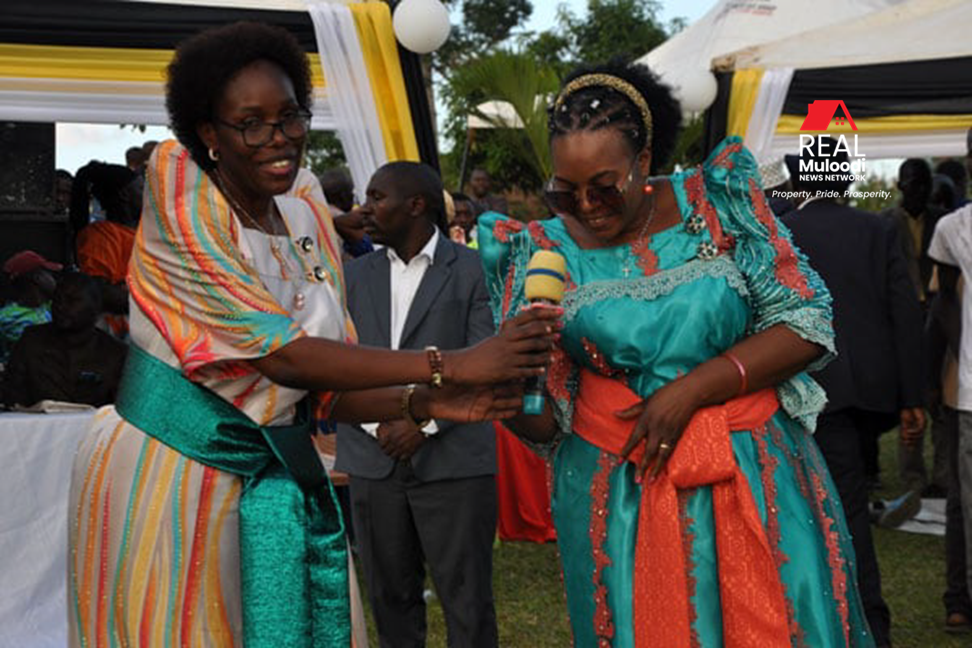UGANDA, Mityana | Real Muloodi News | Thousands of Bibanja owners and landlords entangled in ownership disputes around the nation are relieved after the government announced intentions to operationalise the Land Fund in the next Financial Year.
In some regions of the county, the government purchases property from landlords through the Land Fund to relocate Bibanja holders. The Fund has been operating for almost 20 years, however, it had to be suspended because of financing shortages.
However, the growing problems with land ownership, particularly in the central area, have driven the need to resurrect the Fund, according to Lands Minister Judith Nabakooba.
“This will be in line with the presidential directive to have funds to pay off the willing landlords in areas that have the land ownership challenges,” she said.
Ms Nabakooba made the disclosure on Monday, January 2, 2023, during the end-of-year thanksgiving event she hosted at her residence in Katakala Village, Mityana District.
Minister Nabakooba, who was accompanied by the State Minister for Lands, Persis Namuganza, added that her ministry is collaborating with the Constitutional Review Commission to develop a set of rules governing land ownership.
“The land tenure system needs a review because the land act does not give clear land ownership guidelines; that possibly explains the unending challenges,” Ms Nabakooba said.
The process of identifying the landlords involved in disputes with tenant organisations, according to Mr John Fisher Kasenge, a commissioner with the Uganda Land Commission, is already in progress.
“We are now rallying the landlords that are willing to have their respective land bought by government to register with the Uganda Land Commission. It is unfortunate that the Uganda Land Fund does not have its own operational Account. The funds used are from the Uganda Land Commission,” he said.
According to Mr Kasenge, the government has purchased 260 square kilometres of property from various landowners around the nation via the Land Fund over the years.
He further said that, on the recommendation of the then-Treasury Secretary Keith Muhakanizi, the government stopped making contributions to the fund in 2017.
This came after the fund’s debt ballooned to a whopping USh170 billion, and it may still be greater today. According to Ms Namuganza, after the nation resolves its problems with land ownership, the planning procedure for the various housing projects would be simple to carry out.
“We have a poor household planning programme and are currently ranked second to Angola in terms of poor housing programme. We are on the world map for this mess,” she revealed.
However, the minister said that to assist Ugandans in obtaining decent homes at fair prices, the government has teamed up with the private sector.
“We shall be able to have housing plans that are as low as Shs10,000 for the rural communities while the urban areas will have slightly higher but affordable housing plans,” she said.
The Uganda Land Fund has historically helped regions where landlords were compensated by the government as part of the Land Act of 1998’s permanent settlement of the landless. According to the Ministry of Lands, the complex land tenure system produces more than 80% of the disputes over land ownership in central Uganda.
READ MORE LIKE THIS:



